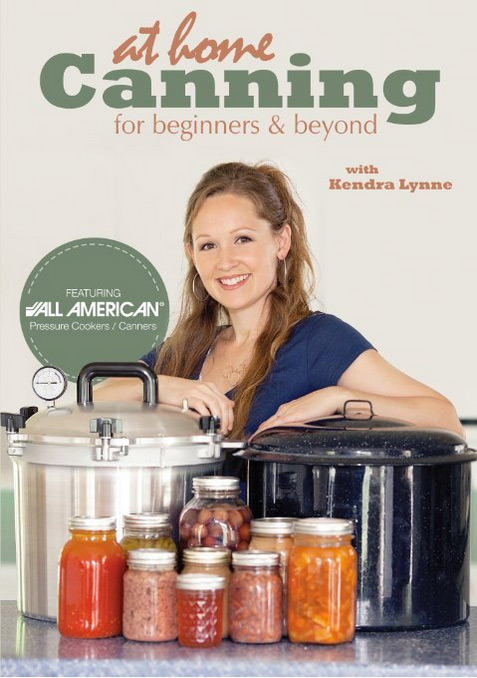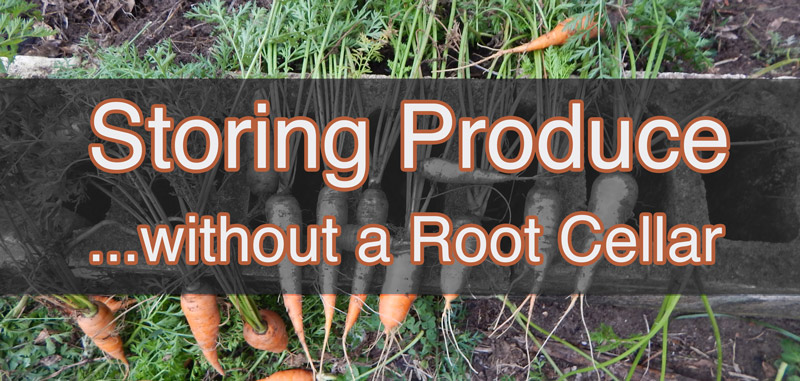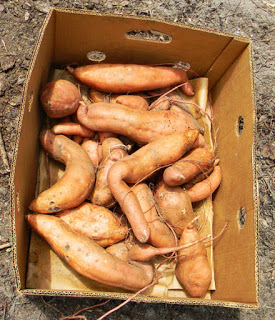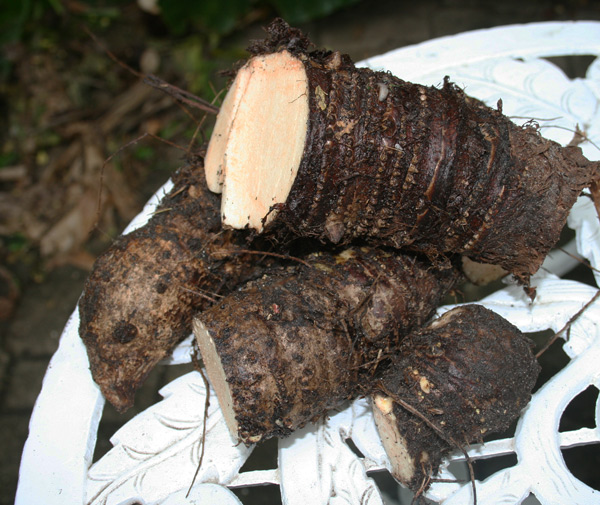How do you preserve food in a warm climate without a root cellar?
I got this comment recently on the sweet potato survival plant profile page:
Being only years in Florida, storage of food has been difficult…potatoes, onions, squash and now I have sweet potatoes growing. Any tips for storing these guys?? -Chris
You bet. Here are three tips for storing produce without a root cellar.
1. Grow Produce That Keeps Without Refrigeration
This may sound obvious, but by selecting crops that keep easily you can bypass the need to can/preserve/store/refrigerate your harvests.
Some good choices are nuts, Seminole Pumpkins and other long-keeping squash, dry beans, grain corn and pigeon peas. The reason grains became preeminent in the Western diet is because of their exceptional keeping qualities. Though I generally don’t recommend you grow grains on a home scale, they can keep a long time.
Sweet potatoes and white potatoes will usually keep in bags, baskets or boxes in a pantry for a few months. I’ve had poor luck storing homegrown garlic and onions in Florida, however. The varieties that grow here just don’t seem to be made for storage.
2. Grow Produce That Keeps In The Ground
I grow cassava, arrowroot, ginger, malanga and other root crops that can be harvested pretty much whenever you feel like pulling them. The roots don’t freeze during the winter so you can grab ’em when you want ’em. I’ve pulled cassava roots from the ground in February.
Though the top of the plant was destroyed by frost, the roots were perfectly fine beneath the soil.
3. Skip The Root Cellar By Preserving
 My friend and fellow blogger Kendra Lynne has a whole video on home canning that’s worth checking out:
My friend and fellow blogger Kendra Lynne has a whole video on home canning that’s worth checking out:
I taught myself to can at home via some trial and error and shattered mason jars.
Some foods are worth canning and some probably aren’t.For instance, okra would be disgusting canned, unless you made it into pickles first. Speaking of pickles, one of my favorite way to preserve produce is by live fermenting them.  If you can make sauerkraut, you can make dill pickles… pickled garlic… kimchi and all kinds of other great live fermented foods. Sandor Katz’s book Wild Fermentation really got me started with the crazy world of fermented foods.You can read more on how I make sauerkraut in this post.Another way to pack away the harvest is to learn to dehydrate.You can dehydrate with the sun in some climates (Florida’s rain in the late summer REALLY doesn’t help me) as Paul Wheaton shows off in this awesome video:
If you can make sauerkraut, you can make dill pickles… pickled garlic… kimchi and all kinds of other great live fermented foods. Sandor Katz’s book Wild Fermentation really got me started with the crazy world of fermented foods.You can read more on how I make sauerkraut in this post.Another way to pack away the harvest is to learn to dehydrate.You can dehydrate with the sun in some climates (Florida’s rain in the late summer REALLY doesn’t help me) as Paul Wheaton shows off in this awesome video:
Since it’s too humid here for me to get away with a nifty solar dehydrator, I use a simple Nesco model that works quite well.
You can go crazy and get the awesome Excalibur dehydrator (believe me… I’ve been really tempted but my budget won’t allow it!!!) but for the little bit of dehydrating we do on our homestead, my model is good enough for now.
When you dehydrate foods they keep a lot of their nutrition.
I’ve dehydrated everything from mushrooms to strawberries, mangoes (dangerously addicting) to calamondins (horrid when dried). I’ve also made jerky in the dehydrator that’s been wonderful. You can also pack away a lot of dried foods in a small space since water makes up so much of the mass of most fruits and vegetables.
I cut produce into small sizes, dry them, then pack them in sealed mason jars to keep the moisture in the air from getting in.
Conclusion
Though we may long for a Florida root cellar… it’s better to just be contented. Hey – we can garden year-round here when the folks up north are shivering.
I’ll take that over a row of crisp root-cellar turnips any day.
If anyone has any more suggestions on preserving the harvest without a root cellar, let me know in the comments!




7 comments
Thanks David… the big thing that I have had problems with are what you’d think would be the easiest to store (potatoes and onions) – they just seem to rot in a week when stored in a bag or box. I have the cassava (that I bought from you) and bought malanga and ginger from the store which I will try to keep in the ground and use them when the time comes. Need to get a dehydrator… freezing hot peppers (datils – sweet and hot, chayenne, habanero, scotch bonnet, and the occasional ghost chili) has worked awesome… if your wife needs some hot sauce recipes (including datil ketchup and mustard) for the book I have a few that are amazing!!
Thanks again for the info
Hmm. Not sure why that would be. I let my potatoes “cure” by spacing them out to dry a bit before packing in the pantry. They need to breathe or they’ll rot. Any with damaged skins need to be eaten first. Also, some varieties store really well for me (russets) and others really don’t (red-skinned/Yukon golds). I haven’t had much luck with onions in general.
Hot sauce recipes would be great.
Hi Chris,
Yes on the recipes!!! You could email them to David, or just post them in the comments section. Thanks!
I did splurge and buy the Excalibur…well, it was an Amazon open box. Question: when you said sealed mason jars for dehydrated stuff, do you mean full on sealing by processing or just putting a lid on the jar?
No – just tightly sealing the jars is good enough.
Thanks. :)
How about putting a window a/c in a small room, get dark curtains, and put up shelves and racks for a Florida root cellar and if needed, a dehumidifier.
Comments are closed.